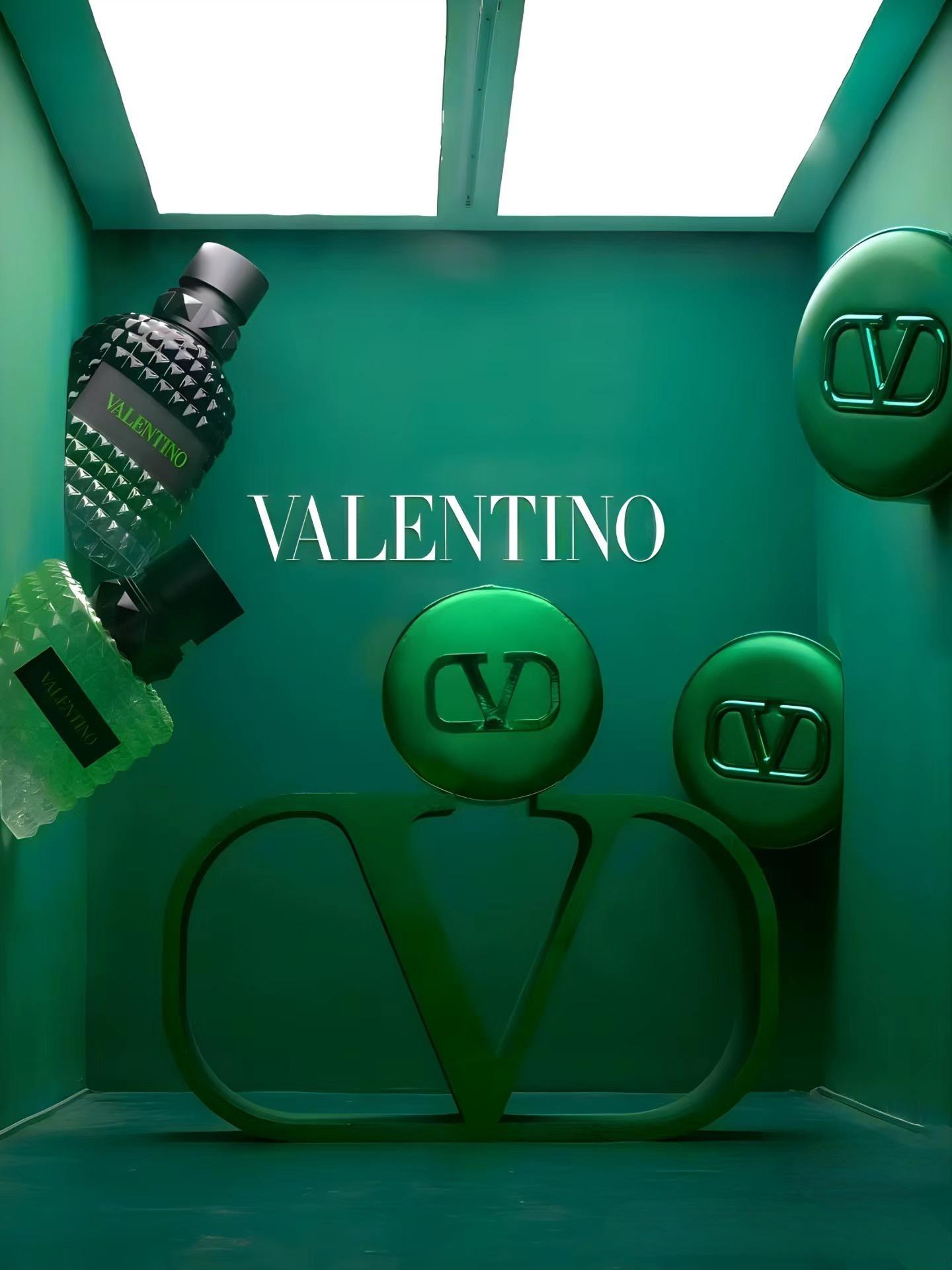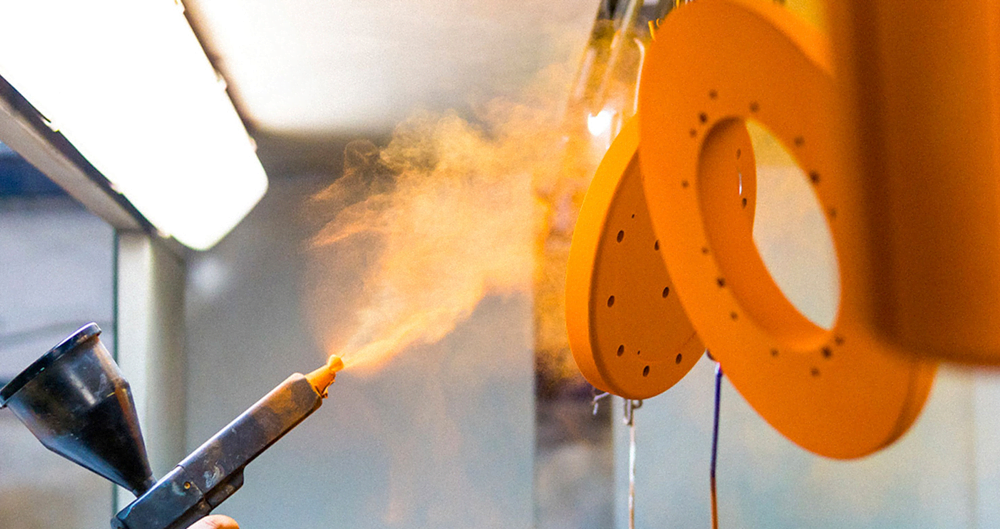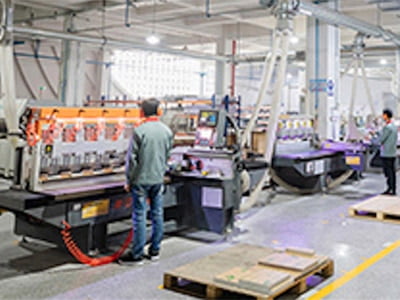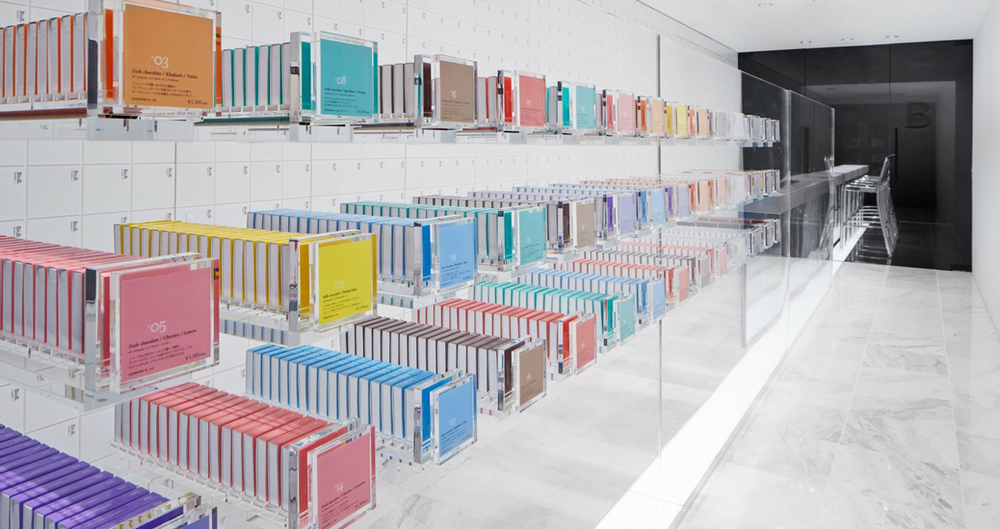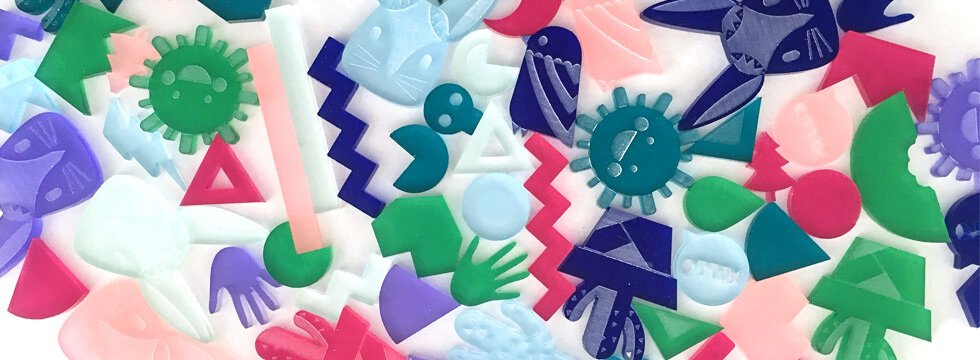How to Balance Quality with Budget in Custom POP Display Solutions
By Yan Luo | Samtop Display
Table of Contents
Fiberglass offers long-term durability and resilience, making it ideal for large, high-traffic POP displays, while resin is more cost-effective and better suited for small, detailed, and customized display pieces. The choice depends on your budget, design complexity, and display lifespan. Samtop helps brands make the right material decision for impactful and budget-aligned display campaigns.
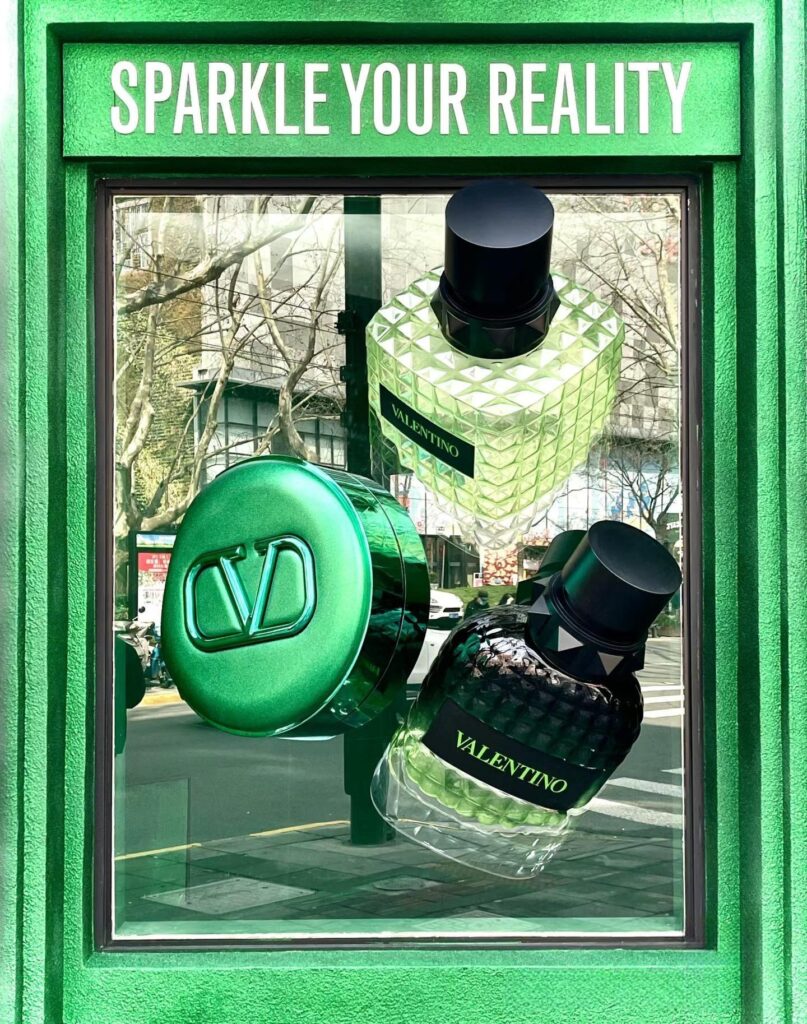
❓ Choosing the Right Material for Your Display
Retail marketers often face a tough decision: How do you balance premium visual appeal with budget and durability in POP displays?
🚨 Wrong Choice = Wasted Budget or Damaged Display
A wrong material choice could mean a stunning design that doesn’t survive transport—or an affordable solution that fails to deliver brand impact. Worse, a fragile display might hurt your product’s perceived value in-store.
✅ Fiberglass vs. Resin: Make the Right Choice with Confidence
In this guide, we break down durability, cost, design flexibility, and longevity—so you can confidently choose the right material for your next POP (Point-of-Purchase) campaign.
🔍 What is Fiberglass?
Fiberglass is a high-performance composite made from woven glass fibers and resin. It’s known for its strength, lightweight build, and exceptional weather resistance—making it a top choice for durable, large-scale installations.
🔑 Benefits:
- ✅ High durability for heavy-use environments
- ✅ UV and moisture resistance for indoor & outdoor use
- ✅ Strong but lightweight, reducing transport strain
- ✅ Long lifespan, even with rough handling
Tip: Ideal for freestanding displays, outdoor promotions, and high-footfall areas.
🧪 What is Resin?
Resin is a synthetic material that can be poured into molds to create precise, intricate shapes. It’s often used for detailed, small-scale, and budget-sensitive POP designs.
🔑 Benefits:
- ✅ Captures fine detail for intricate branding elements
- ✅ Lightweight and easy to install
- ✅ More affordable than fiberglass
- ✅ Highly customizable in shape, color, and texture
Tip: Best for logos, figurines, product holders, and one-off creative display elements.
📊 Cost Comparison: Fiberglass vs Resin POP Displays
| Feature | Fiberglass | Resin | Best For |
|---|---|---|---|
| Durability | Excellent for high-impact environments | Good, but prone to chipping/scratching | Long-term or outdoor use |
| Cost | Higher upfront investment | More affordable for small-scale items | Budget-limited or short-term displays |
| Design Flexibility | Great for large structures | Excellent for fine, detailed custom work | Small branding pieces or intricate designs |
| Lifespan | 5–10+ years with minimal maintenance | 1–5 years depending on use & environment | Long campaigns vs. short-term activations |
| Weight & Transport | Light for size, but bulkier | Very light and compact | Displays requiring frequent transport or pop-ups |
✅ Need help deciding? Contact us to match your display goals with the right material.
🧠 Application Scenarios
✔ Fiberglass Works Best For:
- Large freestanding POP displays in malls or airports
- Outdoor event signage that endures weather exposure
- High-traffic product showcases that require structure stability
✔ Resin Works Best For:
- Small product holders on retail counters or shelves
- 3D brand logos or figurines for visual merchandising
- Seasonal promotional items or limited-run displays
🧰 Technical Insights: Material Properties You Should Know
| Material | UV Resistance | Custom Molding | Weight-to-Strength | Outdoor Suitability |
|---|---|---|---|---|
| Fiberglass | ✅✅✅ | ✅✅ | ✅✅✅ | ✅✅✅ |
| Resin | ✅ (with coating) | ✅✅✅ | ✅✅ | ⚠ Needs protection |
💡 Pro Tip: For resin used outdoors, always apply a UV-protective clear coat to extend lifespan.
🧪 Real Brand Case: POP Durability ROI
A cosmetics brand launched a 3-month pop-up campaign across 20 malls. Initially leaning toward resin, they switched to fiberglass after discovering that the display units would be reused six times.
- Result:
- ✅ Reduced unit replacement by 70%
- ✅ Saved over $9,200 in total logistics and reprinting costs
- ✅ Displays stayed visually flawless throughout the campaign
💬 FAQ: POP Display Material Selection
Q: Which is better for outdoor POP displays—fiberglass or resin?
✅ Fiberglass. It offers UV, moisture, and temperature resistance. Resin may yellow or crack without proper coating.
Q: Can I achieve detailed designs with fiberglass?
✅ Yes, though resin is better for very fine textures or engraving. Fiberglass is more suited for bold, large shapes.
Q: Is resin strong enough for frequent retail use?
✅ For low-traffic or static setups, yes. But in high-touch areas, fiberglass is a more reliable option.
- 📖 External Insight: Point of Purchase Display Trends – POPAI Report
✅ Final Thoughts
✔ Fiberglass is the go-to for durability and large installations, perfect for long-term or outdoor displays.
✔ Resin shines for custom small-scale designs, making it great for budget-conscious and high-detail projects.
✔ Choose based on display size, use duration, and budget—and you’ll get more impact per dollar spent.
Samtop specializes in custom fiberglass vs resin POP displays that balance cost and quality
📩 Need Help Choosing the Right Material?
At Samtop, we:
- ✅ Design and manufacture custom fiberglass and resin POP displays
- ✅ Help brands optimize material selection for budget and performance
- ✅ Ensure fast delivery and premium quality for your retail campaigns
📧 Email: [email protected]
🌍 Website: www.samtop.com
